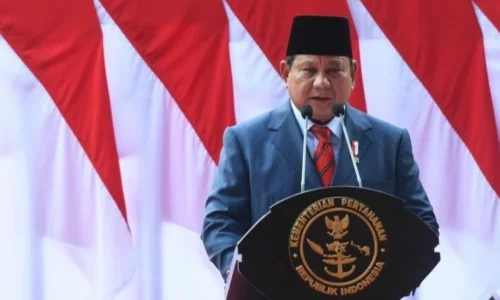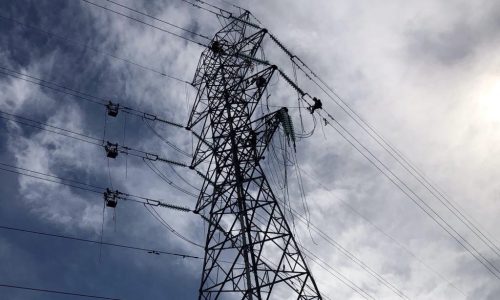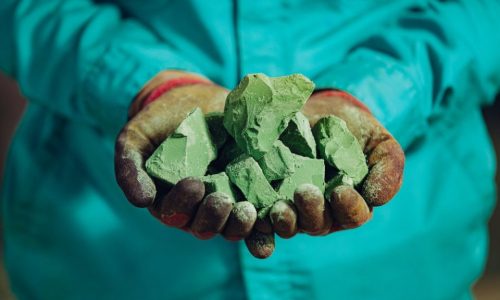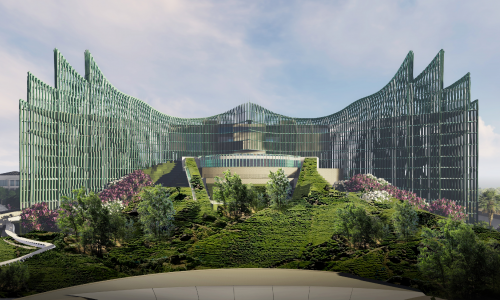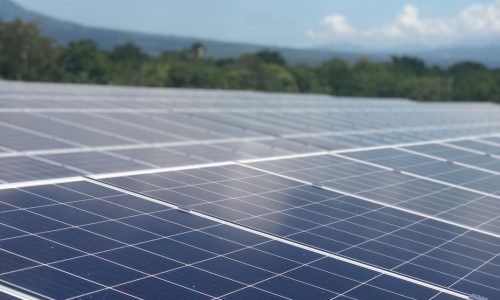Coal downstreaming in Indonesia is constrained by the lack of technology to execute the program, a senior government official says.
Special Staff to the Minister of Energy and Mineral Resources (ESDM), Irwandy Arif, stated that Indonesia does not master the technology for downstream programs as yet.
“We do not have the technology as yet, we pay (for technology), which is too expensive,” Irwandy said in Jakarta on Thursday, March 14, 2024, as quoted by Kontan.co.id.
He cited an example of domestic coal companies such as PT Kaltim Prima Coal and PT Bukit Asam (PTBA) that were going to coal downstreaming but were constrained because the technology brought by the US-based company Air Products was withdrawn from the two companies’ downstream projects.
This technological limitation does not only hamper the downstreaming of coal but also other mining commodities.
“Like nickel value-added processing where all the technology is from abroad, for example RKEF technology which is 90 percent from China and HPAL for batteries is also from China,” Irwandy said.
He eadded that there are eight coal downstream technologies being developed, namely coal gasification, coal liquefaction, coal briquettes, cokes making, coal upgrading, coal extraction, blending facilities, and the application of CCS and CCUS.
Most of these technologies are still in the feasibility study stage to the preparation of development, while only a small part has entered the stage of development and application of technology.
Coal downstreaming is mandated by Law No. 3/2020 on Mineral and Coal. Its elaboration is stipulated in Government Regulation No. 96/2021 on the Implementation of Mineral and Coal Mining Business Activities.
Kontan.co.id noted that there are 11 companies that have stated their commitment to downstream coal.
As described by the Director of Coal Business Development at ESDM, Lana Saria, in an event entitled INDEF Coal Gasification Economics Public Discussion in April 2022, as many as three of the eleven projects have entered the production stage.
One of them is the project by PT Bumi Resources (BUMI) group, namely the coal to methanol project with a methanol production capacity of 1.8 million tons per year by PT Kaltim Prima Coal in cooperation with PT Kaltim Nusantara Coal, as well as PT Arutmin Indonesia’s coal to methanol project which is planned to have a production capacity of 2.95 million tons per year.
Director and Corporate Secretary of PT Bumi Resources, Dileep Srivastava, said that BUMI Group’s downstream plan continues to be prepared with potential strategic partners from China.
“This year is targeted to have financial closing to be ready for the next stage or construction,” Dileep said as quoted by Kontan.co.id on Sunday, March 17, 2024.
He said the economics of this downstream project is sensitive to the selling price of the product and several government regulations, including the Zero percent Non-Tax State Revenue from Coal, special coal price permit, tax holiday & several other incentives.



